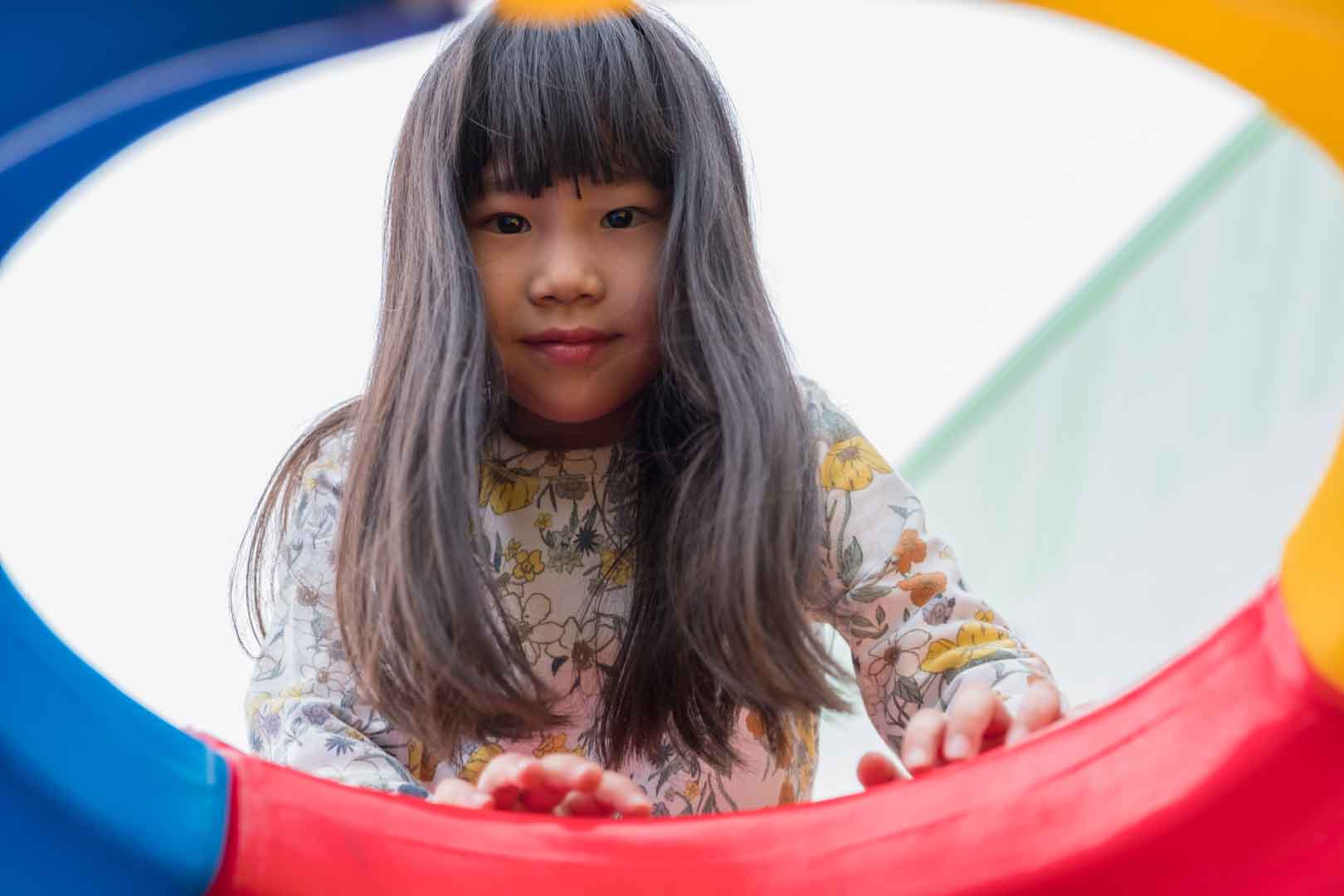Phnom Penh is a culturally rich and multilingual city where many children grow up speaking two or more languages. While this is a tremendous advantage for future academic and career success, bilingual development can sometimes lead to confusion for parents—especially when a child seems delayed in speech.
Is it normal for bilingual children to mix languages? Does speaking two languages cause speech delays? And how can speech therapy support multilingual development?
At OrbRom Center, we frequently work with bilingual families in Phnom Penh and understand the unique journey of dual-language learners. This blog answers common questions about bilingual speech development and explains how therapy can help bilingual children thrive in both languages.
Is Speech Delay Common in Bilingual Children?
Bilingualism does not cause speech or language delays. However, bilingual children may develop speech and language skills differently than monolingual peers. They might:
-
Start talking a bit later (within normal limits)
-
Mix words from both languages in a sentence (code-switching)
-
Know different vocabulary sets in each language
-
Take longer to find the right word
These patterns are part of typical bilingual development. But when a child is behind in both languages—or has trouble with understanding, clarity, or forming sentences—that’s when speech therapy may be needed.
Signs Your Bilingual Child May Need Speech Therapy
While some variation is normal, the following signs may indicate a true speech or language delay in a bilingual child:
-
Limited vocabulary in both languages
-
Difficulty understanding instructions in either language
-
Problems combining words into phrases or sentences
-
Speech that is difficult to understand even by family
-
Frustration when trying to express needs
-
No noticeable progress over time in either language
At OrbRom Center in Phnom Penh, our therapists conduct comprehensive assessments in the child’s stronger language, using culturally appropriate tools to determine whether a delay is present and not just a language difference.
How Speech Therapy Helps Bilingual Children
Our bilingual-focused speech therapy at OrbRom Center is designed to support language development without sacrificing the child’s cultural and linguistic identity. We focus on:
-
Strengthening the foundation language first (usually the dominant or home language)
-
Supporting transfer of skills to the second language
-
Building core vocabulary for home, school, and social situations
-
Reducing frustration by giving children the tools to express themselves
-
Collaborating with families to create language-rich environments in both languages
Speech therapy doesn’t require a child to “choose” one language. Instead, we help them build confidence and clarity in both.
Visit our Speech Therapy Services page to learn how we support bilingual families across Phnom Penh.
Supporting Bilingual Language at Home
Parents play a vital role in bilingual development. Whether you speak Khmer, English, Chinese, French, or another language, you can support your child with these strategies:
-
Speak naturally and consistently in your strongest language
-
Expose your child to both languages through books, songs, and daily conversation
-
Don’t switch languages too frequently in one sentence
-
Use visuals to support comprehension (pictures, gestures, routines)
-
Be patient—language learning takes time
For children with sensory sensitivities or regulation challenges, the right environment can improve focus and communication. Consider these tools from our Sensory Shop to support language learning:
-
Noise Cancelling Headphones: Helps children concentrate when switching between languages in noisy settings.
-
Sleep Sound Machine: Supports restful sleep, which is essential for memory and language retention.
-
Weighted Sensory Blanket: Calms the body for improved focus during language-rich activities.
Frequently Asked Questions
Q: Should I stop speaking my home language if my child is delayed?
A: No. Continue speaking your strongest language. A strong foundation in the first language supports second-language development.
Q: Will therapy be in one language or both?
A: Therapy at OrbRom Center is adapted to your child’s needs. We work in the child’s dominant language and gradually incorporate the second as appropriate.
Q: Can speech therapy help my child succeed in school?
A: Yes. Communication is key to classroom success. Speech therapy helps bilingual children develop clear, confident language skills to keep up with academics and peers.
Empowering Bilingual Children in Phnom Penh
Growing up bilingual is a gift—but for some children, it comes with unique challenges. At OrbRom Center, our role is to help every child communicate confidently, no matter how many languages they speak.
If you’re in Phnom Penh and concerned about your child’s bilingual development, reach out today. Our licensed speech therapists provide evidence-based, culturally sensitive support tailored to your family’s needs.
Visit our Speech Therapy Services page or contact us for an assessment to get started.
We are the only Preschool specialized on children with special needs in PhnomPenh.
- Internationally qualified teachers
- Cambodia’s largest sensory room
- Outdoor swimming pool
- Covered outdoor playground
📞 Phone: 077.455.993
Telegram Link: https://t.me/OrbRom








Leave A Comment